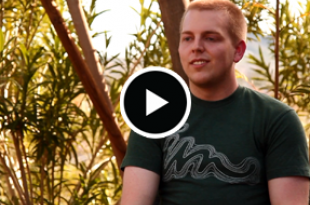SAA Mission Statement
The Social Anxiety Association (SAA), a non-profit organization, was officially organized in 1997 to meet the growing needs of people throughout the world who have social phobia/social anxiety.
Social anxiety disorder is a relatively new classification in the DSM, the psychiatric diagnostic and statistical manual of the American Psychiatric Association, appearing for the first time in the early 1980's, and then more specifically defined in the 1987 version. Social anxiety is still nowhere near a "household" word --and it is a "problem area" not taught in many graduate schools of psychology. Thus, not only is the public ignorant of this major anxiety disorder, the vast majority of professional therapists are not aware of it either.
We find it both ironic and sad that there are non-profit organizations for all types of medical and mental health care problems, yet there is little or no information on social anxiety, particularly because, according to the latest U.S. epidemiological data...
SOCIAL ANXIETY DISORDER IS THE THIRD LARGEST MENTAL HEALTH CARE PROBLEM IN THE WORLD TODAY
You read that correctly.
Social anxiety is not only the largest anxiety disorder, it is the third largest mental health care problem -- all alone, by itself. Most people with social anxiety feel they are like voices crying out in the wilderness -- and there's no one out there anywhere to hear them. This problem is one of the major purposes for the formation of the Social Anxiety Association.
Thus, the major goals of the Social Anxiety Association are to:
- 1. encourage public awareness of social anxiety and effective treatment options;
- 2. facilitate the appropriate use and increase the number of therapeutic groups to help people overcome social anxiety;
- 3. serve as a resource and information center for matters related to social anxiety;
- 4. hold meetings for those interested in social anxiety, as membership dictates.
Membership
Membership in the SAA shall be open to anyone interested in social anxiety disorder and in cooperation to help, encourage, and support others.
Members:
We would like to thank Ms. Debbie Barton for her help in initiating the SP/SAA



